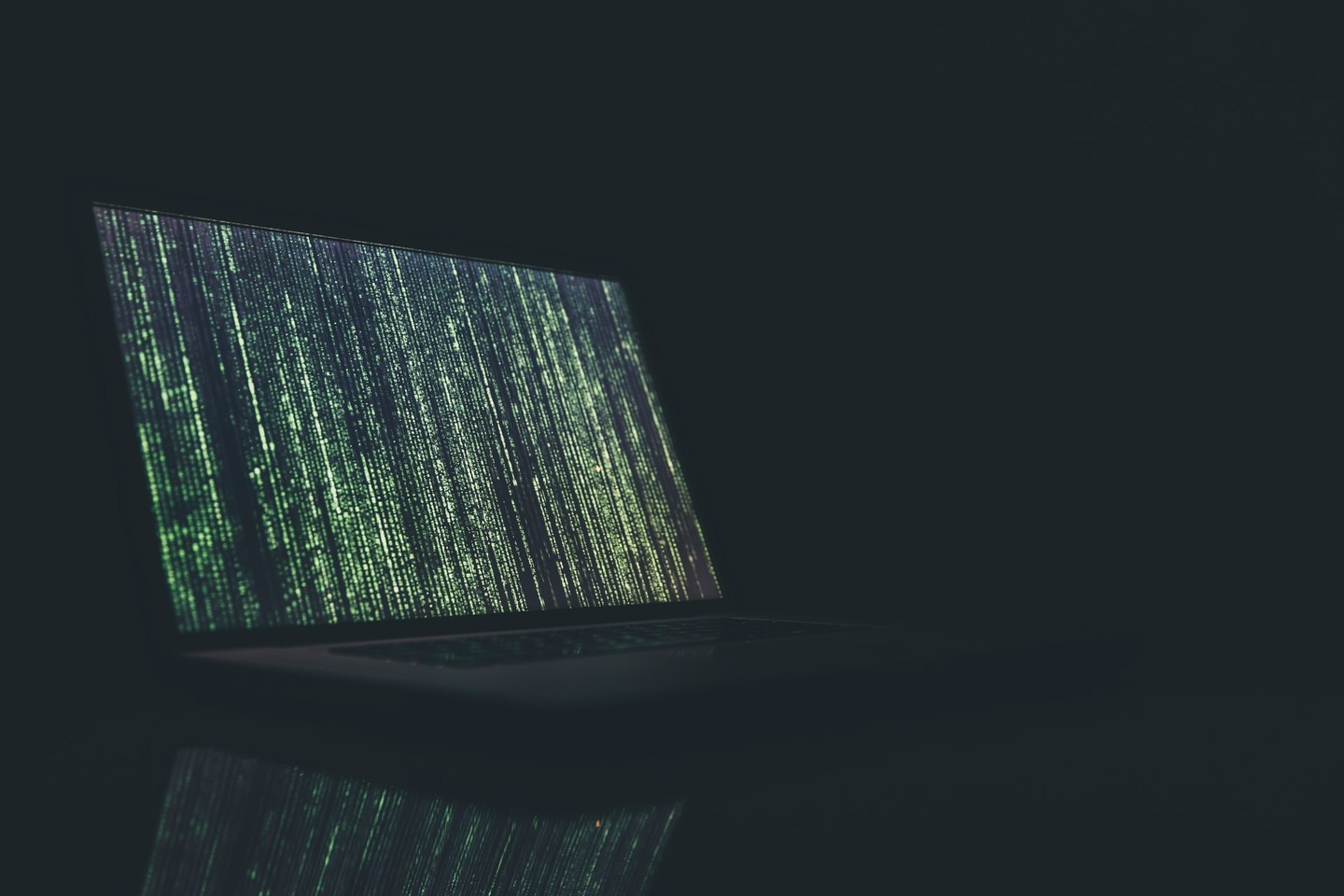In this article
Check your credit report today
Get peace of mind by checking your credit report. It’s free, forever.
What is the dark web? Here’s what you need to know.
Your guide to the dark web, and how to protect your identity from being stolen by criminals.

In this article
Check your credit report today
Get peace of mind by checking your credit report. It’s free, forever.
The dark web is an anonymous online communications network that you can browse anonymously. The sites that you find on the dark web are hidden, meaning that they cannot be indexed by search engines like Google.
Anonymously accessing private networks is not necessarily bad but the technology also makes it much easier for illegal activity to take place from selling of drugs, child pornography sites to marketplaces where stolen usernames, passports and identities can be bought. It has been reported that the details of stolen Australian passports can go on sale for $1000 and the rate of identity crimes continue to rise.
So how can you protect yourself from the dark web? Let’s take a deeper look at what is the dark web and what steps you might want to consider to protect yourself from identity theft.
There’s more to the internet than meets the surface.
For most of us, the internet consists of whatever we can find using search engines like Google – this is known as the surface web. But the surface web is estimated to only contain around 4% of all online content. So where is the other 96%?
Beneath the surface web lies the deep web. The deep web contains all the content that doesn’t show up in search results, for example, your work intranet, your online bank account, and government documents. We use the deep web all the time, though you might not know it. Every time you log in to an online account, you’re accessing the deep web.
While most (if not all) of this content is perfectly legal, it’s classified information that isn’t meant for public access. For this reason, it’s hidden from search engines’ results. But there’s more. Beneath the deep web lies the dark web: the internet’s secret underside.
The dark web is a series of private networks that can only be accessed via special software. The most common software is called “Tor” (The Onion Router). This is why dark websites are accessed using Tor end in ".onion" instead of ".com".
When people use the dark web, their location and usage is concealed. It was actually invented by the US government as a way to help their own spies remain untraceable. However, due to its anonymity, it’s become a popular playground for criminal activity.
Criminals use the dark web as a marketplace for selling anything and everything illegal: drugs, weapons, illicit pornography, people’s personal information, and more. The most famous of these marketplaces was called Silk Road (this was taken down by authorities in 2013).
AlphaBay market is another example of a dark web marketplace. It launched in 2014 and gathered 400,000 users before being shut down by the FBI during Operation Bayonet in 2017. AlphaBay reportedly processed $1 billion of illegal sales including 100,000 ID listings for sale. The site was reportedly relaunched in August 2021 according to Wired in an article with its purported founder DeSnake.
However, it’s important to note that the dark web isn’t only used for criminal activity. It’s also used by whistleblowers, activists and political dissidents to discuss things in secret.
When a hacker steals your personal information (and there are many ways they can do this), the dark web is where it ends up being sold and potentially used to commit identity fraud.
While credit card details are the commonly traded for $20-50, fraudsters also sell login details to Netflix, Uber and Spotify accounts. Hackers will trade your social media passwords, PayPal login details and even online dating profiles (although these aren’t worth very much).
Some dark websites specialise in stitching together all of your stolen details to create a ‘fullz’ (scammer slang for a full identify package). If a scammer has a full identity set with all your details and passwords, it could cost around $2,000.
Once someone has bought your personal details, they’re then ready to commit identity fraud.
There are many ways they could do this: opening credit cards and loans in your name, buying goods with your money, or committing other crimes and reporting your name to the police.
The impact of this can be wide-reaching: your bank account could be cleared, your credit score could be damaged, or you could be arrested for crimes you didn’t commit. Resolving this kind fraud can take up a significant amount of your time and money. That’s not to mention the emotional impact identity fraud can have - victims often end up feeling isolated, embarrassed and scared of using the internet.
There are lots of steps you can take to limit the chances of identity theft happening to you. We’ve outlined them in this guide.
In addition to changing passwords you should also increase your monitoring of your credit file to make sure that no-one has applied for credit using a stolen identity. If you become a victim of Identity Theft you can contact the not-for-profit ID Care to get advice.
But even the most careful people aren’t immune to their identity becoming available online, especially with large-scale company data breaches becoming more common and scammers becoming more sophisticated.
Stephen Smyth has worked in financial services since 1999, specialising in consumer credit. He has worked in banks and consumer credit companies in the United Kingdom, France, Spain, India, South African and has lived in Australia since 2013. He believes that people around the world can benefit from services liked ClearScore to make finances clearer, easier to understand and to find better deals to save money.
